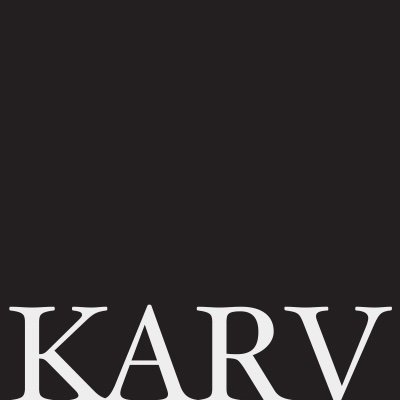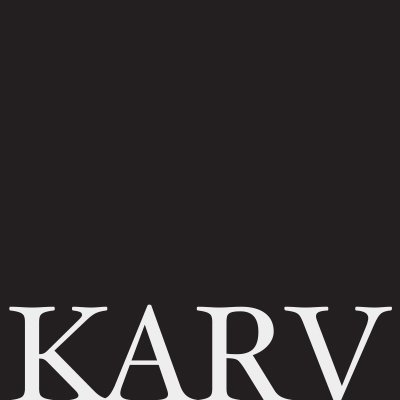A Perspective on: Geopolitical Navigation
As American politicians call more and more for American companies to invest at home, produce products in American factories, and hire American workers, the stark reality is that many companies headquartered in other parts of the world still want to invest in the United States. Why? Because the United States is still the world’s largest consumer market, and while start-ups are innovating around the world, marketing and selling those innovative products in the United States, often proves that they are worth investing in and growing on a grander scale.
The companies that succeed from a global perspective in the future are companies that understand how to communicate what they are looking to do, how they want to succeed, who their target market is, and how to reach them. In terms of investment and growth, countries like Saudi Arabia and the United Arab Emirates are using Sovereign Wealth Funds to invest in innovation and technology. They bring some of these products to market in their home countries and utilize the investments as a way to interact with the rest of the world. Once a mainstay from China, manufacturing technological parts and assembly, is now shifting back to the U.S. along with other “friendlier” nations like Korea and Vietnam.
Additionally, to understand current geopolitical standing, we need to look at the explosion of the use of cryptocurrencies in developing and developed countries; Understanding how they are shifting the way the world operates and the dynamics and relationships between countries is a crucial component to international relations. El Salvador was the first country to adopt Bitcoin as a legal tender [in 2021], an estimated 1/3 of citizens of Argentina use cryptocurrency on a daily basis, and India has the highest number of crypto holders in the world.
Even though there is immense global utilization of trading platforms, working through regulations and standards will allow these currencies to be deemed more legitimate on a global scale. An important step was the recent adoption by the U.S. Securities and Exchange Commission to allow cryptocurrencies to be part of ETFs, providing for more mainstream, traditional usage. This was accomplished through coalition and lobbying work, along with an immense amount of education of American politicians and regulators.
Ultimately, the overall aim of countries is to better the lives of their citizens; Working with companies possessing that goal and ability is what drives innovation and economic growth. KARV understands this and the complexities associated with the constantly changing landscape of global regulatory affairs. By integrating bespoke communications and knowledge of partnerships across borders, we are able to serve our clients to cultivate new ideas and bring new industries to the forefront of the public and government decision-makers on a worldwide scale.

